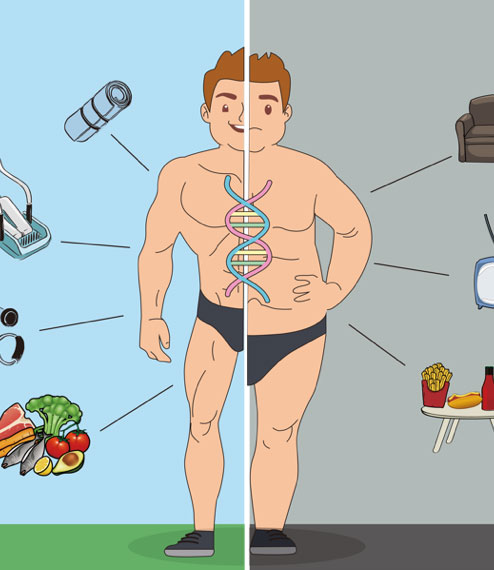
The human diet requires both macronutrients, main source of calories, and micronutrients, requirements for energy production. However, the modern diet is macronutrient rich and micronutrient deficient. Micronutrients represent the 30-40 essential vitamins and minerals not naturally produced in our bodies. Therefore, we need to acquire these life-nurturing compounds through our diet or extraneous means.
Micronutrient deficiencies are associated with various cancers, cardiovascular disease,and other aging related diseases.
Did You Know?
Magnesium is one of the most important micronutrients for energy production in our cells. And yet, ~45% of the US population does not meet the RDA, or the Recommended Dietary Allowance requirement for magnesium, which is about 350-400 mg/day. Magnesium is at the center of a chlorophyll molecule that gives plants their green pigment and this is why dark green vegetables are a great source of magnesium.
What Magnesium Can Do For You?
Magnesium is required for the functioning of DNA repair enzymes that repair damage to DNA and thus prevent potential cancer-causing mutations. Critical to vital cellular functions such as heart rhythm, blood pressure, and bone strength, the mineral magnesium plays a key role in combating chronic inflammation in the body and likely, the aging process in general. Recent studies also reveal an association with depression, an enormous disease burden with a reported 350 million people worldwide suffering from chronic depression. With rapidly rising healthcare costs, compounded by looming healthcare services reduction, magnesium is a welcoming low-cost option for treating mild to moderate depression.






